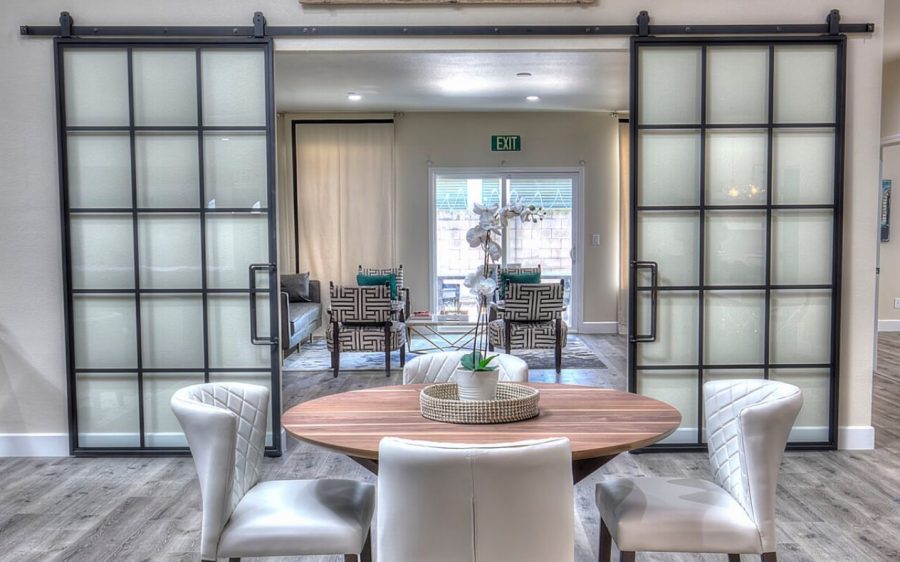
Content medically reviewed by Vicky Magobet, PMHNP-BC, on August 6, 2021.
Addiction is not a singular, solo experience. It can be a storm that shreds relationships — sometimes permanently.
After the storm subsides and you start your journey of recovery, you can survey the damage and start making repairs to your relationships with loved ones. Healthy relationships after recovery are essential. Here are a few tips to help you as you take those important steps.
We all know that true apologies are hard to come by. Rather than making excuses, be as honest as possible. At this point, you know the ways you've hurt people. State them and ask what you can do to help make things right. Be prepared to be on the receiving end of intense emotions. You may not be able to fix things right now, but you can apologize and make it clear that you're willing to try.
Your words matter and your actions go even further. When you're ready, pick up the activities and tasks that you dropped because of your addiction. Start taking care of your home and paying your bills again if you stopped. Return to your friend's poker table or knitting group. Then, start to take a few more steps. Make a surprise dinner or take your partner on a romantic date to rekindle your love and affection. Keep showing up every day for your loved ones and friends.
Healthy communication is the key to any relationship, and it's often one of the first things affected by addiction. Tell the people in your life how you plan on rebuilding their trust as you move forward. Again, you may encounter some intense feelings. Hold space for them as much as you can, knowing that your relationship may take some time to repair. Share your own concerns and fears along with your willingness to be there for your loved one.
Repairing relationships after addiction can be hard work, and you may need some support. Consider family or group counseling sessions with a mental health professional who specializes in treating addiction. You'll gain a safe, constructive place to work through the challenges that come with rebuilding your relationship.
Attending group meetings with other people in recovery can help you feel less alone. You'll need support from people who know what you've been through and what you're currently experiencing as you do this important work on your relationships. That camaraderie can also help you build new connections that will support you on your journey.
If your addiction has impacted your relationships with loved ones, it's time to get help. Diamond House Detox has a team of skilled professionals waiting to help you start your recovery journey. We take a compassionate, client-centered approach to treatment with a focus on evidence-based treatment and mental health. Contact us today to learn more about how we can help.